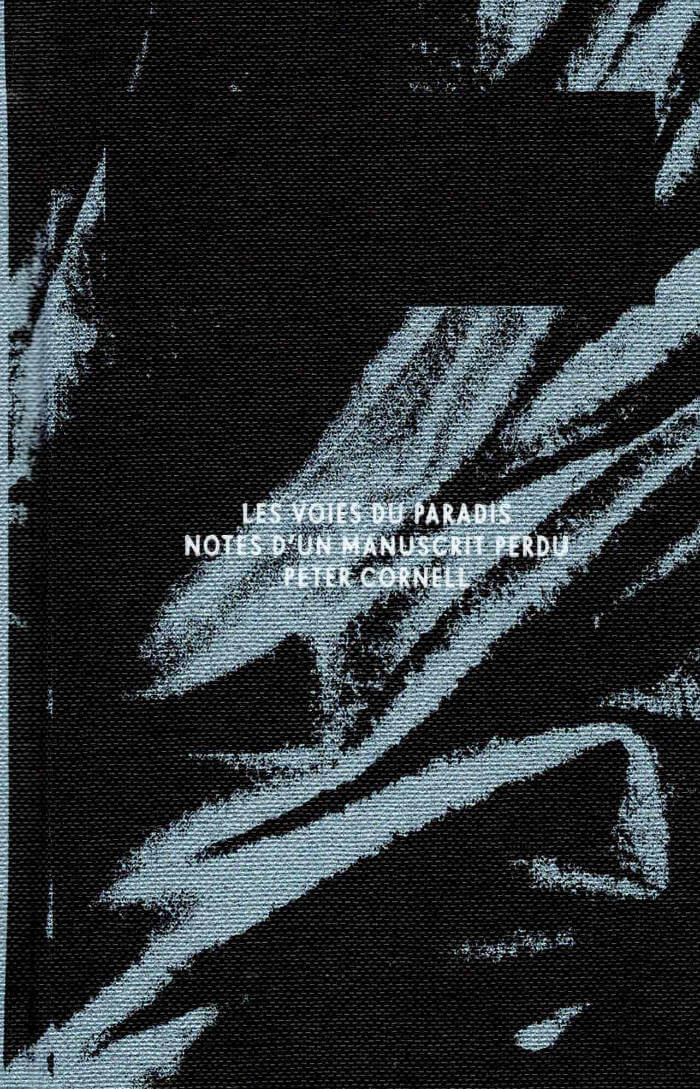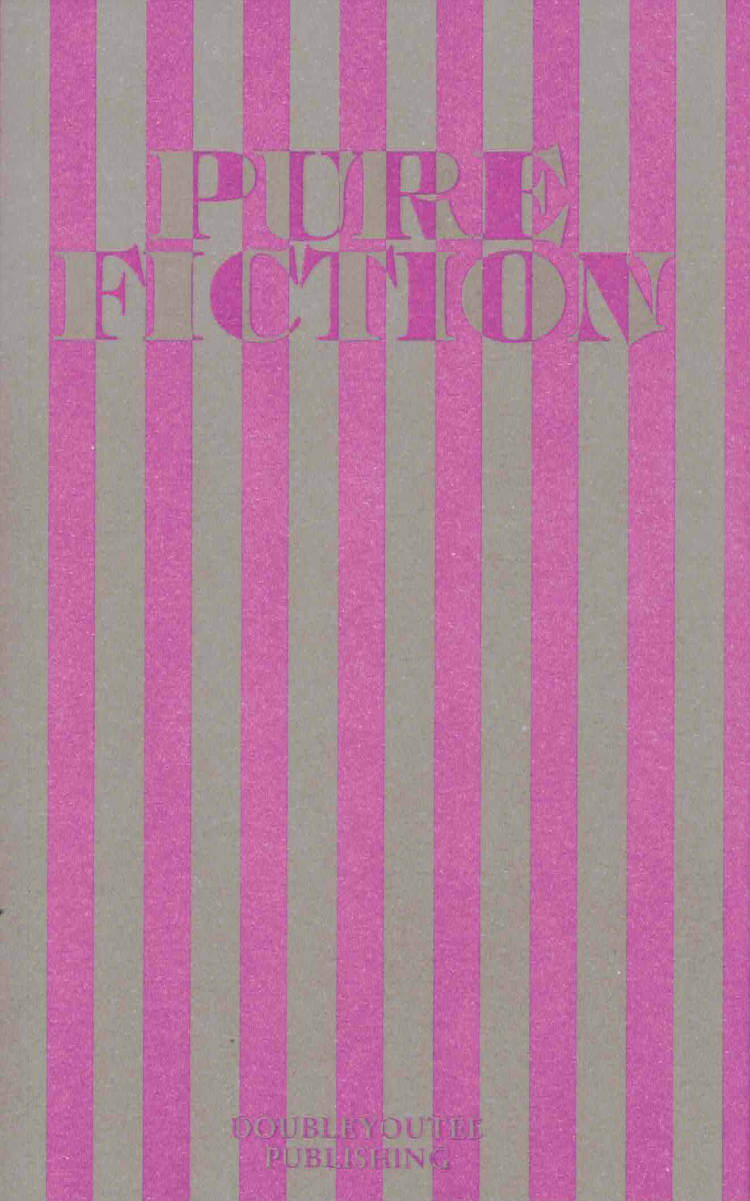
Confidences / Majority
The uprising was staged by the minority, and a downfall is remembered by the majority.
Gilgamesh “Gil” Gupta is a theatre maker and self-defined “avant-gardist.” As a young vampire, Gil’s alienation from time, body, and identity only increases with the murder of his sire, Patrice. Seasons pass in spite of this, and Gil endeavours to circumvent inter-species edicts to foster a meaningful audience. Recognition becomes a vocation.
Confidences / Majority is a novel that presents entertainment as critical gospel. Seething a trail of cultural debris, Majority is the second instalment in Ivan Cheng’s Confidences series, which deploys a version of the vampire and performance as sites for transformation and maintenance.
Ivan Cheng (b. 1991, Sydney) produces films, objects, paintings and publications as anchors for the staging of complex and precarious spectacles. His background as a performer and musician form the basis for his using performance as a critical medium and questioning publics and accessibility. He holds an MFA in Critical Studies from Sandberg Instituut; his work has recently been presented at Voiture14 (Marseille), La Maison Pop (Montreuil), Les Urbaines (Lausanne), Volksbühne Roter Salon (Berlin), Oude Kerk (Amsterdam), Belvedere21 (Vienna), MuHKA (Antwerp), Carriageworks (Sydney), Federation Square (Melbourne). In 2017 he initiated the project space bologna.cc in Amsterdam.
Confidences / Majority is published simultaneous to Cheng’s solo presentation Milieu at Édouard Montassut, Paris.







